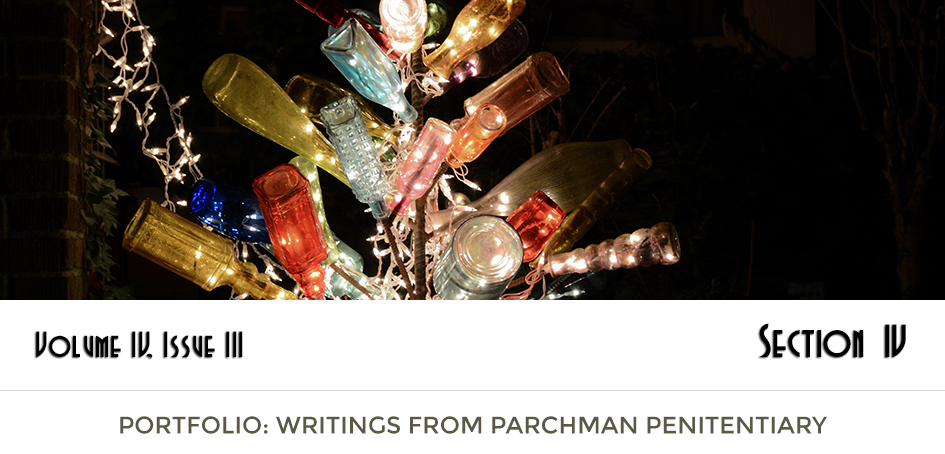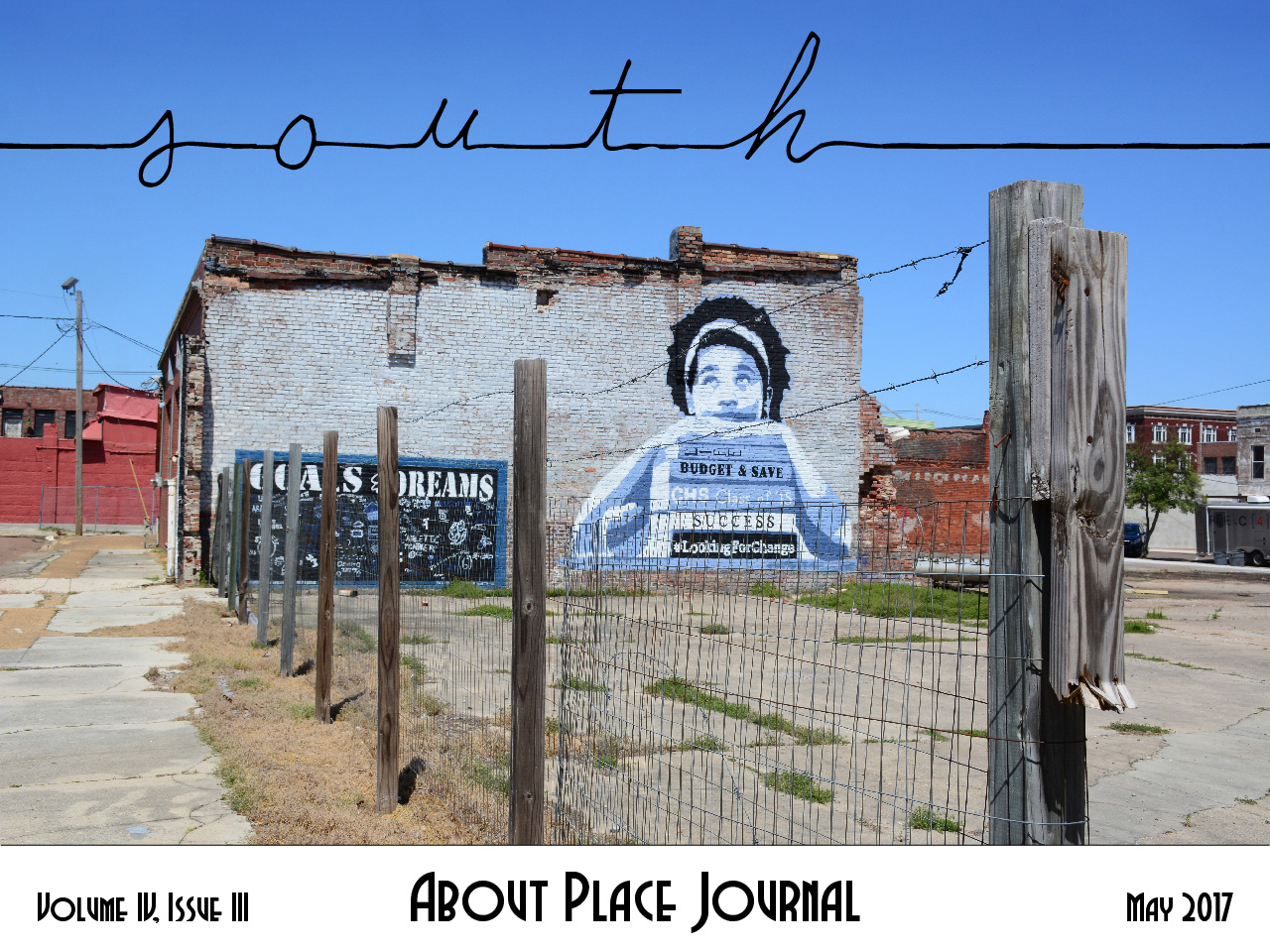I was born February 8, 1954, to Mary Elizabeth and Noverda Pulliam, a sharecropper for Mr. Bonnie Ledbetter, of Union County. Daddy was promised seventy-five acres of land for five years of service. The last year of his work an incident occurred at the country store. My brother, Sonny, was slapped and pushed down on the floor by a white woman, saying, “Little Nigger, get out of my way.” Upon my Daddy being told of this he immediately went to the store and confronted the woman and slapped her.
That night the Klan came to punish him for hitting a white woman. Little did they know that Mr. Ledbetter had come earlier that day and told my Grandmother about their plan. Daddy and his two brothers Cecil and Willie got prepared with their guns. That night three trucks pulled up with the Klansmen in their sheets, and lighted flares of fire. When they began calling for Daddy, one threw a flare toward the house, and it got shot out of the air. Uncle Cecil and Uncle Willie fired their guns too. The Klan backed their trucks and sped off.
The next day, Mr. Ledbetter told Daddy and the family they had to move off his land. They lost the seventy-five acres. Nobody would rent a place for the family in the country, so they moved to town, “Nigger Dumn,” a group of about thirty two-room shacks in New Albany. I was born a week later. Daddy got a job at Danco Construction, as we later moved to the other side of Nigger Dumn to a better two-room house with an outdoor bathroom.
As I grew older, Daddy would send me to stay one month with his siblngs up north in Kansas City, with my great-grandfather. He wanted me to experience life outside of Mississippi. It was in Kansas where I saw my first mixed couple, white man Black woman. I stared with an unexpected feeling of concern. Grandpa explained to me that people were different in other states.
In the fall I had to pick cotton like the other kids to buy my own clothes.
I was an honor student at B. F. Ford, the Negro school. They always gave me the lead roles in class plays and other functions. The beginning of my 7th grade year, the principal of Ford School approached my family about sending me to the all-white Central Junior High, to prove that Black kids could excel in school like the white kids. I was up for the challenge. I didn’t realize the danger or seriousness of the plight. The day I was to enroll, my mother walked me to school with about ten cars of police officers riding along the way, as an escort.
There were no incidents at my enrollment. I was called “Nigger” once and I tried to beat the boy to sleep. After that I had no problems. Bill Neely, Daddy’s bossman’s son, who I grew up with and who was a close friend, was the class bully and we spent time together daily. I made the basketball team but could only play in the home games. The football team didn’t want me, but they were pitiful anyways. My 8th grade year I made the honor roll and was voted the most valuable player on the basketball team. The same, my 9th grade year.
I was ready for W. P. Daniel High School where both Blacks and whites were now integrated. My cousins and friends were going to be with me. I was so excited.
My first day at Daniel High, the principal called for me to come to his office. I had no idea what this was about. As I opened the door to his office, the principal, Dr. O. Wayne Gann, asked me to have a seat. There were four school board members there. The president of the school board addressed me as follows: “Pinkie, we know that you have family and friends over here now and we don’t want the ‘colored’ boys getting you into trouble.” “Pinkie, we look at you as one of us.”
Right then, I realized that I was considered a Token Negro. Someone to use for sport and not as a person. I could not accept their terms. I was severely hurt. I had a reality check. Racism can be blinded by egos and opportunities that favor any man.


